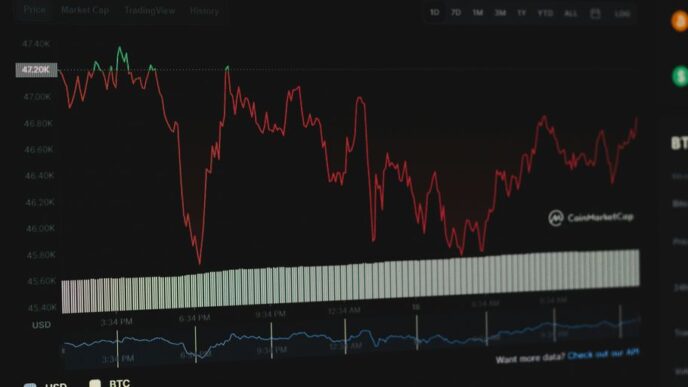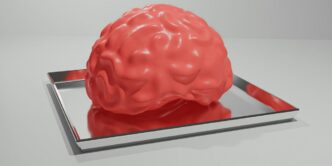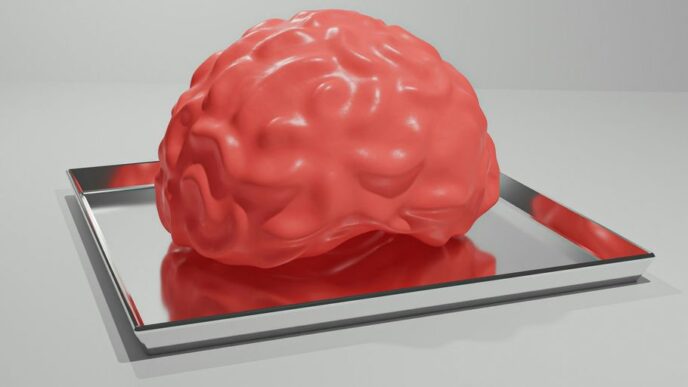Artificial intelligence (AI) has emerged as a groundbreaking technology with the potential to revolutionise healthcare. By leveraging AI algorithms and machine learning, healthcare providers can enhance diagnostics, personalise treatment plans, streamline drug discovery, and improve patient monitoring. This article explores the various applications of AI in healthcare, while also addressing the ethical considerations, challenges, and future implications.
Applications of AI in Healthcare
Diagnostic Imaging: AI algorithms are transforming the field of medical imaging by improving accuracy and efficiency in image analysis. Radiologists can benefit from AI-powered tools that assist in the detection of diseases such as cancer, cardiovascular conditions, and neurological disorders. These algorithms can analyze large volumes of medical images, identify abnormalities, and provide valuable insights to support timely and accurate diagnoses.
AI-based image analysis tools utilise deep learning techniques to recognise patterns and abnormalities in medical images. They can assist radiologists in detecting tumors, identifying specific types of cancer cells, and quantifying disease progression. By reducing human error and providing more precise and consistent interpretations, AI technology improves the diagnostic process and contributes to better patient outcomes.
Personalised Medicine: AI is enabling healthcare professionals to deliver personalised treatment plans based on patient data and genetic information. By analyzing vast amounts of patient data, including medical records, genomic data, and lifestyle factors, AI systems can provide tailored treatment recommendations. This approach enhances precision medicine and helps predict individual responses to medications, leading to more effective and targeted therapies.
AI algorithms can analyse complex datasets and identify patterns that may not be readily apparent to human clinicians. This ability allows for more accurate risk assessments, treatment predictions, and personalised interventions. By leveraging AI, healthcare providers can optimize treatment plans, minimise adverse effects, and improve patient satisfaction.
Drug Discovery and Development: The traditional drug discovery process is time-consuming and expensive. However, AI is accelerating this process by utilizing machine learning algorithms and large-scale data analysis. AI-enabled platforms can identify potential drug candidates, simulate molecular interactions, and predict the success rates of specific compounds. This technology has the potential to significantly reduce the time and cost involved in bringing new drugs to market.
AI algorithms can analyse vast amounts of biomedical data, including molecular structures, genetic information, and clinical trial data. By integrating this data and applying predictive analytics, AI can identify novel drug targets, predict drug efficacy, and optimize drug formulations. This approach streamlines the drug discovery process, expedites the identification of promising candidates, and increases the chances of successful clinical trials.
Patient Monitoring and Predictive Analytics: AI-driven systems are transforming patient monitoring by providing real-time insights and predictive analytics. By analyzing patient data from wearable devices, electronic health records, and other sources, AI algorithms can detect early signs of deterioration and alert healthcare providers. This proactive approach enables timely interventions and improved patient outcomes.
AI-powered monitoring systems can analyse physiological data, such as heart rate, blood pressure, and glucose levels, to detect anomalies and identify trends. By continuously monitoring patients, AI can provide early warnings for conditions such as sepsis, cardiac arrest, and respiratory distress. Healthcare providers can intervene promptly, potentially preventing adverse events and improving patient prognosis.
Ethical and Privacy Considerations
As AI continues to advance in healthcare, it is crucial to address ethical and privacy concerns. Protecting patient data privacy and ensuring transparency, explainability, and accountability in AI systems are paramount. Striking a balance between the benefits of AI and patient privacy requires robust security measures, adherence to regulations such as HIPAA, and proper consent mechanisms. Additionally, addressing algorithm bias and potential healthcare disparities is essential to ensure equitable access to AI-driven healthcare technologies.
Healthcare organisations must prioritise patient privacy and data security when implementing AI systems. This includes implementing stringent access controls, encrypting data, and ensuring secure storage
and transmission of sensitive information. Transparency and explainability are also critical, as AI algorithms should be able to provide clear explanations for their recommendations and decisions. Moreover, addressing algorithmic bias requires diverse and representative datasets, as well as ongoing monitoring and evaluation of AI systems to mitigate any potential biases.
Challenges and Limitations
While AI offers transformative potential in healthcare, several challenges and limitations must be overcome. Data quality and interoperability present significant hurdles, as healthcare systems often store data in various formats and standards. Consolidating and standardising data from disparate sources is essential for AI algorithms to provide accurate and meaningful insights.
Additionally, regulatory frameworks need to adapt to the rapid pace of AI advancements to ensure patient safety and ethical use of AI technologies. Regulations must address issues such as the validation and certification of AI algorithms, transparency requirements, and the responsible use of patient data. Collaboration between regulatory bodies, healthcare providers, and technology developers is crucial to develop guidelines that balance innovation and patient protection.
Furthermore, healthcare professionals’ acceptance and integration of AI into their workflows require education and training to maximise the benefits. Healthcare providers need to understand AI technologies, their limitations, and how they can augment clinical decision-making. Integrating AI seamlessly into existing healthcare systems and workflows is essential to ensure its effective utilisation and acceptance by healthcare professionals.
Future Directions and Implications
The future of AI in healthcare is promising. Advancements in technology, such as deep learning and natural language processing, will further revolutionise diagnostics, personalised medicine, and drug discovery. AI has the potential to address healthcare access and resource disparities by improving efficiency and reducing costs. However, as AI becomes more prevalent in healthcare, careful consideration of the ethical implications and ongoing dialogue among stakeholders is crucial to navigate potential challenges and ensure responsible implementation.
As AI technologies continue to evolve, they hold the potential to transform healthcare delivery across the globe. AI-powered virtual assistants and chatbots can improve patient engagement and enhance access to healthcare information. Advanced robotics and automation can streamline administrative tasks, freeing up healthcare professionals to focus more on patient care. Moreover, the integration of AI with other emerging technologies, such as blockchain and the Internet of Things (IoT), can create a comprehensive ecosystem that further enhances patient care and outcomes.
Conclusion
Artificial intelligence is transforming patient care by enhancing diagnostics, personalising treatments, expediting drug discovery, and enabling proactive patient monitoring. While the benefits are evident, healthcare providers must address ethical considerations, overcome challenges related to data quality and interoperability, and ensure proper regulation and integration of AI systems. With responsible adoption, AI has the power to revolutionise healthcare, improve patient outcomes, and pave the way for a more efficient and equitable healthcare system. The future of AI in healthcare is promising, and ongoing collaboration between technology developers, healthcare providers, regulators, and patients is crucial to harness its full potential.












